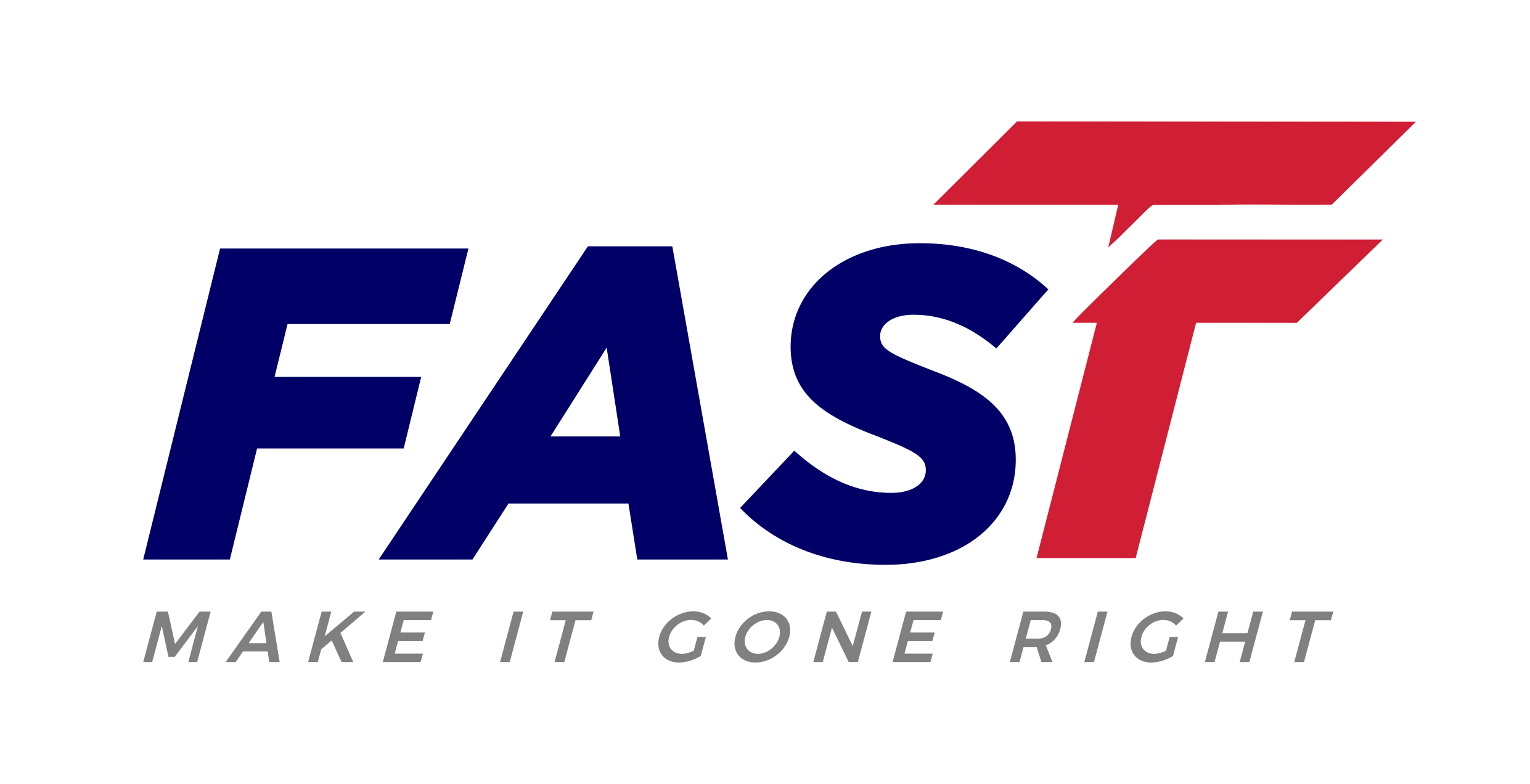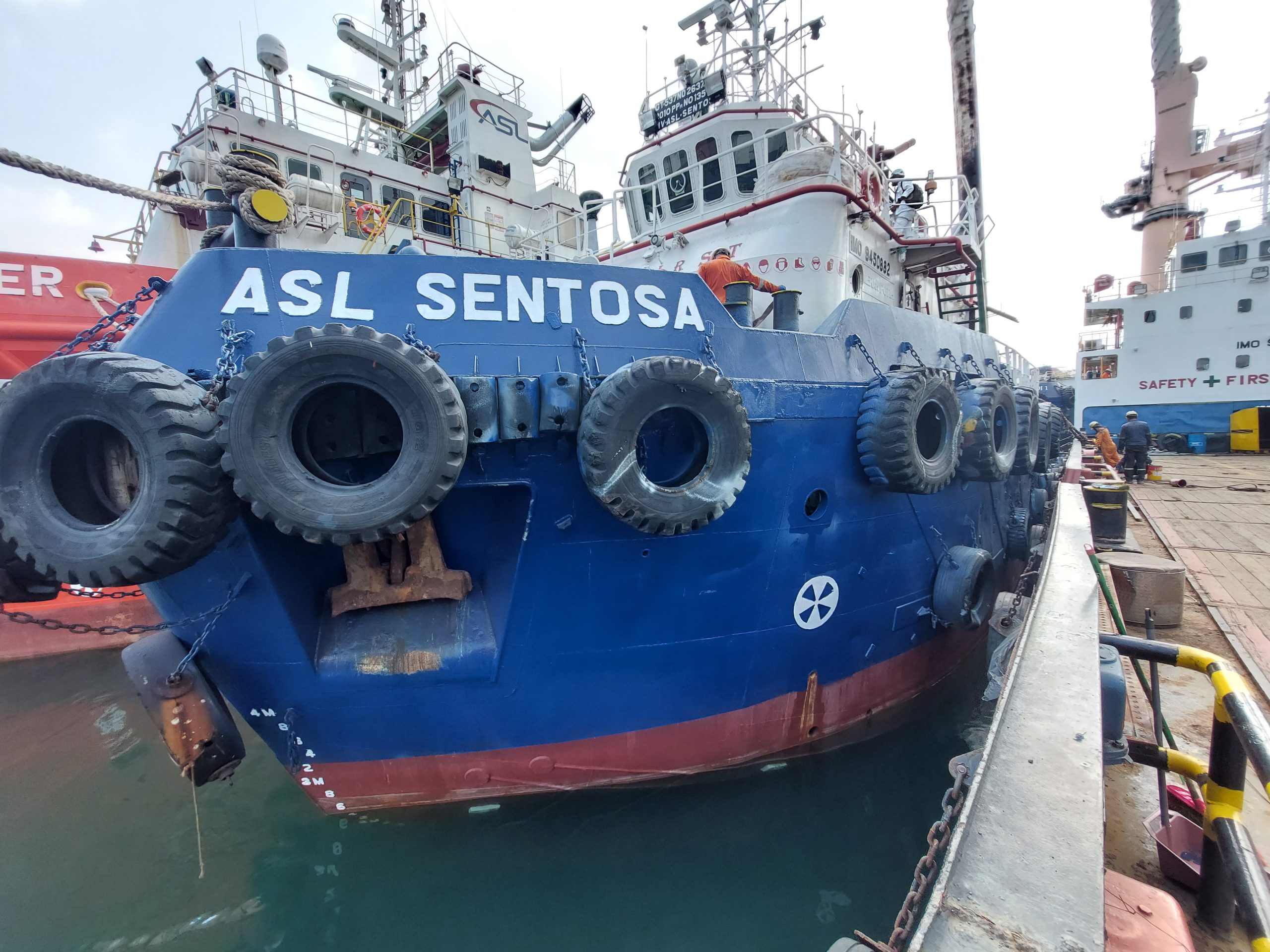Not every vessel is built to carry every type of cargo. While a ship may appear structurally sound and operationally ready, it does not necessarily mean the vessel is suitable for the specific cargo or trade route intended. For shipowners, charterers, and cargo operators, this mismatch can lead to safety risks, regulatory violations, and costly claims. A Vessel Suitability Survey provides the assurance needed to confirm that the right ship is deployed for the right cargo.
A Vessel Suitability Survey is an independent technical and operational assessment carried out to verify whether a vessel can safely and efficiently transport a designated cargo or operate on a specific route. The survey examines factors such as structural integrity, cargo hold readiness, safety equipment compliance, and crew preparedness. It also reviews documentation, certificates, and past operational history to determine whether the vessel meets both international standards and client-specific requirements.
The importance of a suitability assessment for bulk carriers, tankers, and offshore support vessels has grown significantly in recent years. Certain cargoes, such as nickel ore, coal, chemicals, or LNG, present unique risks if transported in vessels not properly designed or maintained. For example, nickel ore has a high risk of liquefaction, which has led to several high-profile vessel losses and fatalities. A Suitability Survey can identify these risks in advance, preventing operators from chartering a vessel that is technically unfit for the voyage.
From a commercial standpoint, a Vessel Suitability Survey in Indonesia or regional hubs helps charterers and cargo owners make informed decisions when selecting vessels. It reduces exposure to disputes over cargo damage, delays, or non-compliance with charter party agreements. The survey report provides objective data that can be used in
negotiations, risk assessments, and insurance considerations, giving all parties confidence that the vessel is appropriate for the intended operation.
Beyond cargo-specific suitability, these surveys also evaluate route requirements. For example, vessels trading in shallow draft ports, icy waters, or offshore oil and gas fields must meet additional operational criteria. By identifying potential limitations early, shipowners and charterers can avoid operational disruptions and financial losses.
One case study illustrates the value clearly: a client was considering chartering a bulk carrier for nickel ore shipments. The Suitability Survey revealed that the vessel’s design and onboard systems were not adequate to handle the liquefaction risks of the cargo. Based on the findings, the charterer avoided a high-risk contract and ultimately secured a safer and more compliant vessel.
In today’s competitive and highly regulated maritime environment, deploying the right vessel is not just a matter of efficiency—it is a matter of safety, compliance, and profitability. A Vessel Suitability Survey provides the clarity and assurance required to make the right choice. For shipowners, charterers, and cargo operators, investing in a professional and independent suitability assessment is an essential step toward protecting assets, lives, and commercial integrity.


 Chat WhatsApp
Chat WhatsApp 